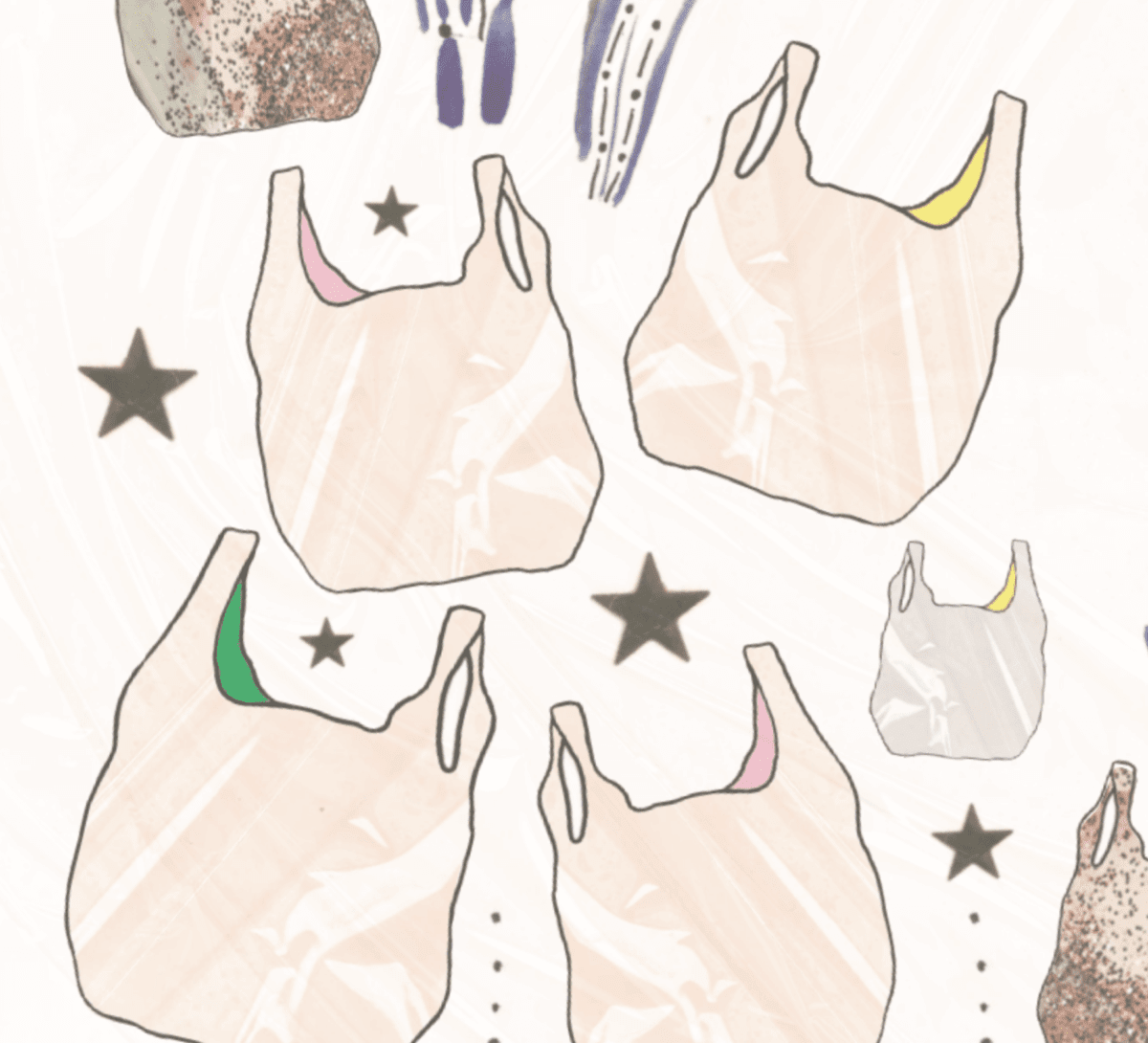Plastic has recently become one of the most hated words in the global environmentalist sphere. Plastic bags are killing marine life, micro-plastics are polluting our waterways and the uproar in NSW over the single-use plastic bag ban was louder than the cries when Burgmann found out Dolce was selling. Everything we buy in today’s society is ridden with hidden forms of plastic. Our fruit is increasingly packaged in plastic, makeup containers are predominately plastic based, and people are now finding that their clothes can shed micro plastics when washed in the washing machine. With plastic being found within almost everything we buy, are package-free products a possibility for the future?
Luckily for us, an industry that is laden with unnecessary plastic packaging is starting to innovate new and exciting ways to package their products. It is reported by ZeroWasteWeek that almost 120 billion units of packaging are produced by the global cosmetics industry annually. For the cosmetics industry, packaging is more than just a way to store the product. It is an essential part of the marketing process, with many items being purchased simply for the aesthetic of the packaging rather than the quality of the product. This is increasingly true with the rising marketing platforms of Youtube and Instagram influencers, who use videos and visuals to sell cosmetic products to their followers. However, package free and recycled packaging are now at the forefront for many brands. More and more consumers are becoming aware of the dangers of plastic use and are thus looking for alternative beauty products that come under the newly created buzzword -‘clean beauty.’
Lush cosmetics are in the process of releasing a new line with zero or minimal packaging, and many brands such as Antonym and Elate are creating eco-packaging out of bamboo and recycled paper for their cosmetic products. Brands like MooGoo and bareMinerals do discount days, where you can refill your already existing packaging with new cosmetics at a discounted rate (currently up to 30 per cent). More mainstream brands are also now opting to sell refills so you can reuse your packaging and replace the product, which is cheaper for the consumer and produces less waste.
Recycling plastic packaging has also become an increasing focus for many of the global, mainstream cosmetic brands. In Australia, there is a beauty product recycling program created by L’Oreal and TerraCycle, where you collect the packaging from cosmetic products – whether it be makeup, haircare or skincare. Then, when you get over 7kg in packaging weight, you can either post (free of charge) or drop off the packaging at a given location for it to be recycled. Once TerraCycle has the packaging, it is cleaned and then melted into hard plastics that can be reused to create new products.
For an industry that has such a large market dominance – particularly over young women who are statistically the most environmentally conscious – it is surprising that there hasn’t been an earlier push for ‘cleaner cosmetics’. Despite the late onset of this change, it is extremely exciting to see what the future of the cosmetics industry holds in terms of sustainability. It is an industry that is filled with creativity and innovation – the possibilities and successes to come out of the ‘clean beauty’ campaign seem endless.
We acknowledge the Ngunnawal and Ngambri people, who are the Traditional Custodians of the land on which Woroni, Woroni Radio and Woroni TV are created, edited, published, printed and distributed. We pay our respects to Elders past and present. We acknowledge that the name Woroni was taken from the Wadi Wadi Nation without permission, and we are striving to do better for future reconciliation.
